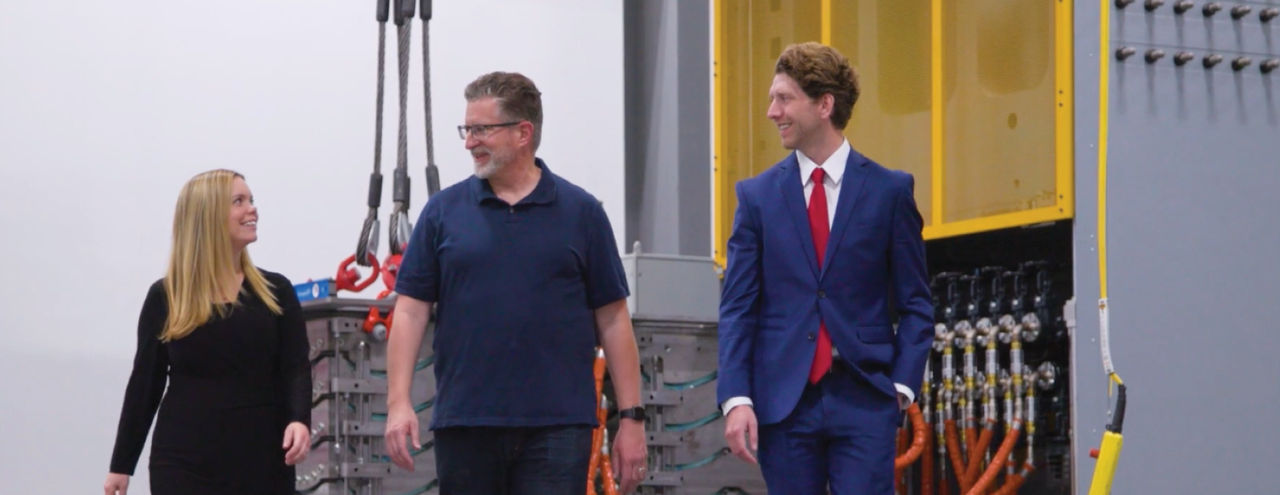In a sale leaseback transaction, the lessee pays the original invoice for the equipment directly to the vendor, which typically includes sales tax. Sales tax is also collected on the leaseback, resulting in ‘double tax’ for the same equipment as the states view these as separate, distinct transactions. The states listed above allow an exemption on leases structured as a $1 Buyout, so the sales tax is only paid by the lessee once (on the initial purchase of the equipment).
State-Specific Sales Tax Considerations
With different jurisdiction levels for every state, sales tax rates are not always uniform. For example, equipment located anywhere in the state of Massachusetts would be taxable at 6.25%. However, Alabama has city- and county-level jurisdictions, so equipment in Birmingham, AL (7%) would be taxed differently than equipment in Montgomery, AL (10%). In some states, sales tax is not assessed at all on lease contracts, although this is the exception.
States that only assess state-level sales tax on lease contracts:
Connecticut, D.C., Indiana, Kentucky, Massachusetts, Maryland, Maine, Michigan, Mississippi, New Jersey, Rhode Island
States that do not assess sales tax on lease contracts:
Alaska,1 Delaware,2 Montana, New Hampshire, Oregon
1Some cities/counties in AK assess sales tax, but there is no state-level jurisdiction
2Delaware has a gross receipts tax instead of a sales tax (charged on applicable lease payments)
No ‘double tax’ issued for $1 Buyout sale leaseback transactions:
Alabama, Arizona, Arkansas, California, Florida, Georgia, Hawaii, Indiana, Kansas, Kentucky, Louisiana, Maryland, Massachusetts, Minnesota, Mississippi, Missouri, Nebraska, Nevada, New Jersey, New York, North Carolina, North Dakota, Oklahoma, Rhode Island, South Carolina, South Dakota, Tennessee, Texas, Utah, Vermont, Virginia, West Virginia, Wyoming
Other State-Related Tax Considerations
States that do not assess personal property tax on lease contracts:
Personal property tax is assessed on business personal property in most U.S. states. When financing equipment, the personal property tax returns are typically filed and paid annually by the equipment lessor, then reimbursed by the lessee.3 The following states do not assess personal property tax on lease contracts:
Delaware, Hawaii, Illinois, Iowa, Kansas, Massachusetts, Minnesota, New Hampshire, New Jersey, New York, North Dakota, Ohio, Pennsylvania, South Dakota, Wisconsin
3May not represent all lender scenarios.
State- and structure-specific sales tax collection methods:
Across the U.S., the sales tax collection method is determined by the state where the equipment is located and the structure of the lease. This can be calculated using the following methods:
- On stream: Sales tax is charged for each rental payment at the time of invoicing.
- Upfront cost: Sales tax is charged based on the cost of the equipment and is due at lease commencement.
- Upfront sum of receipts: Sales tax is charged based on the total rental payments to be collected over the life of the lease and is due at lease commencement.
Case Study: Arizona-Based Company Benefits from Sales Tax Exemptions
Each state allows for different sales tax exemptions, and certain types of equipment may be exempt in one state and taxable in another. The client case study below illustrates the difference between sales tax in a state with a manufacturing exemption, versus a state that does not allow for an exemption.
An Arizona-based printing and packaging company needed to upgrade their machinery and equipment to support a large new customer relationship. As an existing RBC client, they were referred to First American to finance the project.
Because Arizona has a tax exemption for eligible manufacturing equipment and machinery, the company saved more than $50,000 in sales tax on this project when compared to a state without such an exemption.
Lease Details in AZ:
- $500,000 of equipment cost
- 8.1% sales tax rate in Tempe, AZ
- Upfront sum of receipts collection methodology
- $53,000 in sales tax savings
Lease Details in Las Vegas, NV:
- $500,000 of equipment cost
- 8.375% sales tax rate in Las Vegas, NV
- Upfront sum of receipts collection methodology
- No exemption, sales tax due would be $55,000
Navigating the intricate landscape of tax implications in U.S. equipment financing demands a deep understanding of state-specific regulations and nuances—from varying sales tax rates to exemptions and personal property tax considerations. Businesses can lean on the expertise and experience of First American Equipment Finance, an RBC/City National Bank Company, to help address these challenges.
Whether operating domestically or internationally, our team stands ready to assist with your equipment financing needs. Contact us today to learn more.
About the Contributors

Alexa Courtney
VP, Sales & Property Tax
Alexa performs tax accounting activities at First American. Her mission is to provide reliable and accurate sales tax and personal property tax information to clients, while administering all tax reporting responsibilities in a timely manner.

Heather Wohaska
VP, Equipment Finance Specialist
Heather’s mission is to provide best-in-class service to RBC clients using her cross-border equipment finance expertise. Every day, she looks forward to playing a small part in the client’s journey to success by helping them grow their business with customized finance solutions.
This has been prepared for informational purposes only and is subject to change at any time without notice. It is not intended to be used as tax, legal, or accounting advice. Consult with a tax, legal, or accounting professional for guidance.





